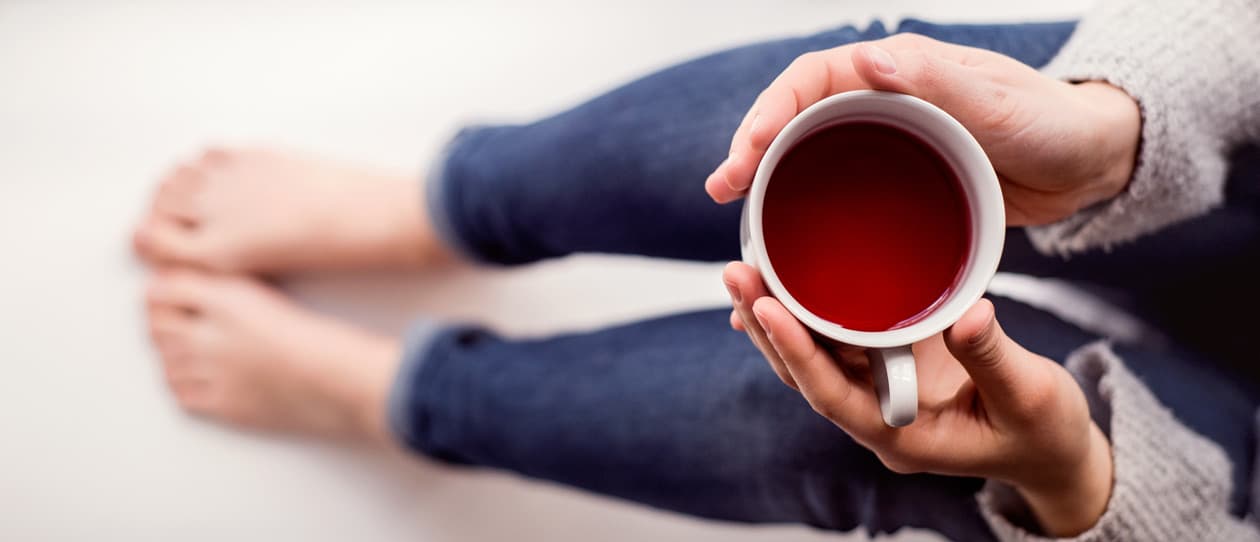
- Health hub/
- Women's health/
- Can Stress cause Bacterial Vaginosis?


We know that prolonged stress can impact our sleep, immunity and general wellbeing, but you may be surprised to learn that there is a link between stress and bacterial vaginosis (BV).
A study, published in the American Journal of Obstetrics and Gynecology, suggests that increased psychosocial stress is associated with an increased prevalence of BV.
BV occurs due to a flora imbalance in the vagina, that is, too much pathogenic bacteria and not enough “good bacteria” or Lactobacillus species.
The lack of Lactobacillus species leads to poor protective defences in the vagina and an increase of pH, which favours the growth of “bad” bacteria. Why Lactobacillus balance is disturbed in the first place is believed to be due to a number of factors including hormones, sexual practices, hygiene, smoking, and according to the above study, stress.
Stress is a physical or emotional event that can impact the body and/or the emotional health of an individual. Initially a stressful event triggers the fight-or-flight response and blood is shuttled to the heart, lungs and muscles. At the same time digestion and the immune system slow down. Cortisol, adrenaline and noradrenaline are released by the adrenal glands, to help perform the changes required to deal with stress.
As the stress response is maintained, the body continues to produces high amounts of cortisone, which can lead to disturbed sleep, increased nutrient requirements and a dampened immunity. This stress response, and the resulting lower immunity, can lead the vagina to be more susceptible to flora imbalances.
Related content
5 things you may not know about probiotics
7 yoga poses to help you stress less
How to reduce stress ?
Managing stress is easier said than done, especially in this modern day and age. Here are some tips to help address your stress:
How to identify your stressors?
Make a list of your day-to-day activities and note the related stress level. This will enable you to pinpoint stressors and start addressing and making changes in those areas.
Seek professional help
See a counsellor if you need support with emotional problems
Staying active
Exercise can help you manage stress levels and give you a feeling of wellness and energy.
Getting a good night's sleep
Getting a good night’s sleep will help you minimise daily stress. Try to go to sleep an hour earlier than usual, or try giving yourself more time to unwind at night before going to sleep. If you are having trouble nodding off, earplugs can help with distracting noise.
Personal and social wellbeing
Increase activities and opportunities that help you feel more connected with yourself, friends and nature. This will add to a sense of wellbeing, belonging and peace in the world.
Best supplements to reduce stress
Vitamin B
B vitamins can support the nervous system and the body’s response in times of on-going stress.
Organic Balms
Passionflower and lemon balm are herbs traditionally used to assist the nervous system and encourage relaxationSt. John's
St John’s supports healthy mood balance
References available upon request




